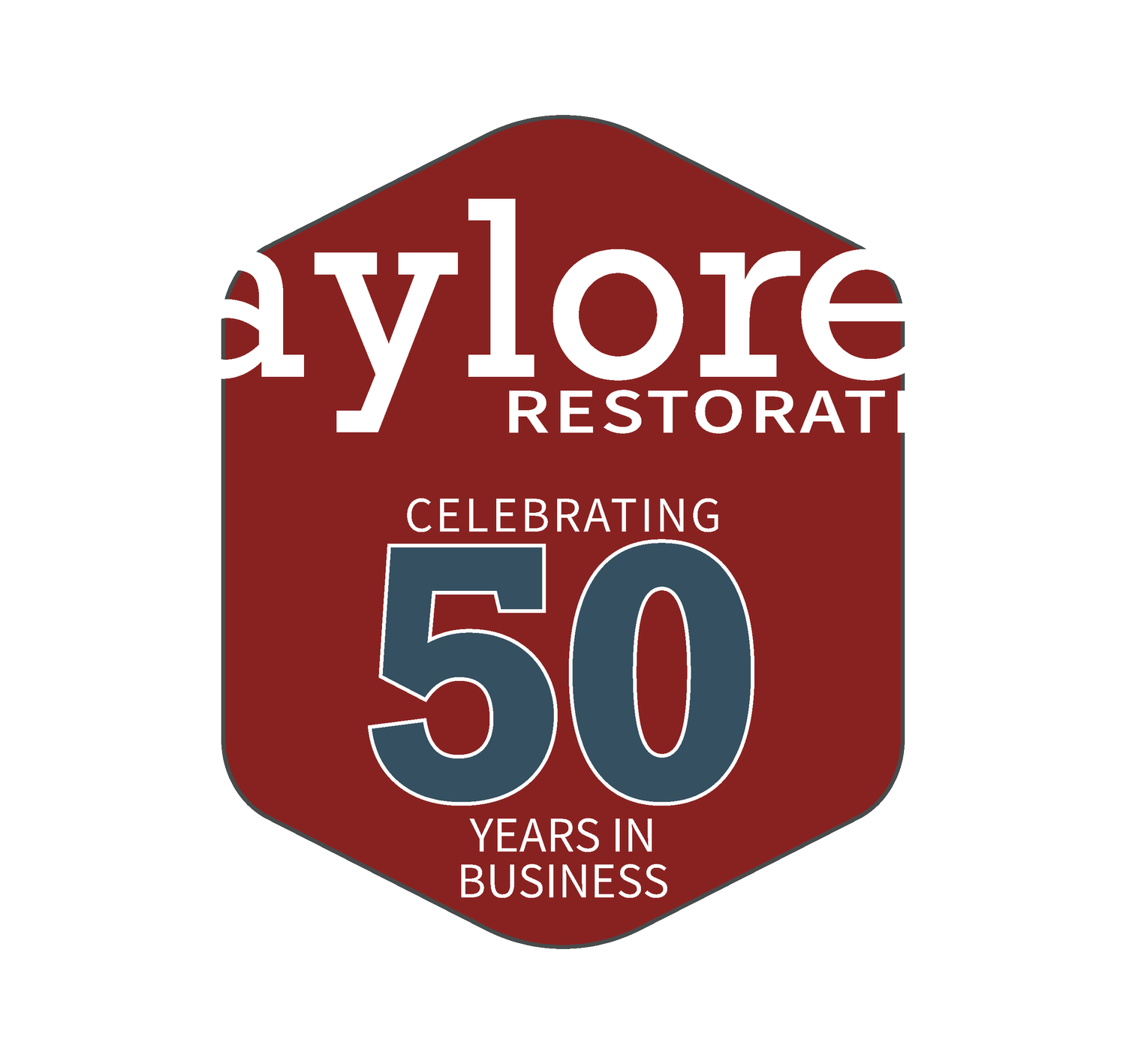Flood Insurance: Understanding Coverage and Options
In the picturesque landscapes of Anchorage, Alaska, the beauty of nature often comes hand in hand with the risk of flooding. Whether from snowmelt, heavy rainfall, or overflowing rivers, the threat of flooding looms large for homeowners and businesses alike. In this comprehensive guide, Taylored Restoration, your trusted ally in home and office restoration, sheds light on flood insurance options available in Anchorage. Let's navigate the intricacies of flood coverage together and empower you to make informed decisions to protect your property.
Understanding Flood Insurance Basics
Flood insurance is a specialized insurance policy designed to cover property damage caused by flooding. It's important to note that standard homeowners or renters insurance typically does not cover flood damage, making a separate flood insurance policy essential for comprehensive coverage.
Types of Flood Insurance Coverage
National Flood Insurance Program (NFIP) Policies
Offered through the Federal Emergency Management Agency (FEMA), NFIP policies are the most common type of flood insurance.
NFIP policies typically cover the building structure and contents separately, providing coverage up to certain limits.
Private Flood Insurance Policies
In addition to NFIP policies, private insurance companies may offer flood insurance coverage with varying terms and conditions.
Private flood insurance policies may offer higher coverage limits and additional options than NFIP policies.
Determining Your Flood Insurance Needs
Assess Your Flood Risk
Evaluate your property's flood risk based on factors such as location, elevation, proximity to water bodies, and historical flood data.
Use FEMA's Flood Map Service Center or consult with local authorities to determine your property's flood zone designation.
Review Coverage Options
Consider the coverage options available under NFIP policies and private flood insurance policies.
Evaluate factors such as coverage limits, deductibles, premiums, and additional coverage options, such as coverage for temporary living expenses.
Calculate the Cost-Benefit Ratio
Compare the cost of flood insurance premiums to the potential cost of flood damage to determine the cost-benefit ratio.
Factor in the likelihood of flooding, the value of your property and belongings, and your financial ability to absorb potential losses.
Tips for Choosing the Right Coverage
Consult with Insurance Professionals
Seek guidance from insurance agents or brokers specializing in flood insurance to understand your options and make informed decisions.
Read and Understand Policy Terms
Review policy terms, conditions, and exclusions to ensure you understand what is covered and what is not.
Pay attention to coverage limits, deductibles, waiting periods, and additional endorsements or riders.
Consider Additional Coverage Needs
Assess whether you need additional coverage options, such as coverage for basement flooding, sewer backup, or high-value items.
Taylored Restoration's Expert Advice
At Taylored Restoration, we understand the importance of proactive flood preparedness and comprehensive insurance coverage. Our team of experts is here to assist you in understanding your flood insurance options and implementing flood mitigation measures to protect your property.
Securing Peace of Mind with Flood Insurance
In the face of nature's unpredictability, flood insurance offers a vital layer of protection for homeowners and businesses in Anchorage. By understanding your flood insurance options, assessing your flood risk, and choosing the right coverage for your needs, you can secure peace of mind and protect your property from the financial devastation of flooding.

